


However you may feel about David Gordon Green’s movies, his strong suit is his ability to create powerful moments from the simplest daily activities. His characters feel like whole people, whether you’re aware of their entire personal history or not. And the settings in which his films take place play an intricate role in the overall story without getting tedious or feeding into stereotypes.
The same could be said for Undertow, a richly filmed human drama of two boys being raised by single father John (Dermot Mulroney). Chris (Jamie Bell), being the stronger teen, is forced to do much of the labor around their small rural farm while little brother Tim (Devon Alan) eats poorly due to stomach problems. John’s brother Deel (Josh Lucas) comes to stay after being released from prison to exact revenge for losing his woman and his inheritance to John, and Chris must forget his illusions of leaving familial obligations to ensure his and Tim’s survival.
 Unfortunately, once the chase begins between Deel and the brothers, attention begins to wane. Though beautifully shot, it’s not all that interesting to watch the kids travel and Deel follow them at every turn. After the engaging tension that had been built to see if either of the brothers would fall for Deel’s rebellious charisma over their father’s more necessary stoic discipline, the emotional connection falls flat from the repetition of encounter and escape.
Unfortunately, once the chase begins between Deel and the brothers, attention begins to wane. Though beautifully shot, it’s not all that interesting to watch the kids travel and Deel follow them at every turn. After the engaging tension that had been built to see if either of the brothers would fall for Deel’s rebellious charisma over their father’s more necessary stoic discipline, the emotional connection falls flat from the repetition of encounter and escape.
The acting is graciously understated with dialogue that is clean and crisp while steering clear of heavy-handedness. With so many talented aspects coming together between the camera operation and those moving in front of it, it’s a shame that the circumstances that move the film from one scene to the next fail to keep you attached to the conclusion, which errs on the side of predictability.
But despite the disproportionate attention given to the landscape in lieu of character interaction or development, Undertow does provide a more unique coming-of-age angle with Chris’ thrift and street intelligence. Jamie Bell does an excellent job of carrying some of the weakest moments and keeps you caring about the various predicaments, even when you know how they will end. Josh Lucas’ Deel is also so menacing that he provides true urgency for Bell to play off of.
On the downside, Tim is possibility the most randomly strange kid ever to appear in a feature length film, and I don’t mean that in a good way. Undertow goes out of its way to identify him as “different,” almost stuck in a vague childhood as he attempts unsuccessfully to play with cars. The film shows us his difficulties with eating and ulcers, but then shows him eating paint, laying on the strangeness so thickly that it never bothers to confront any of these problems when given plenty of opportunity to do so.
While it’s far from a perfect film, Undertow does combine several strong sections of people who are easy to relate to in an environment that remains compelling in its use of everyday objects and life routines to tell an intelligent story instead of relying on melodramatic speeches or orchestrated fighting. You may have a good idea of what’s to come, but many of its scenes deserve respect.
Reviewed as part of the 2004 New York Film Festival.
Review by Rachel Gordon © 2004 filmcritic.com





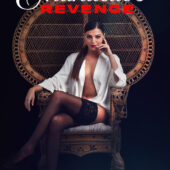
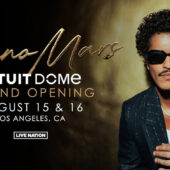

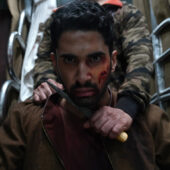











![New York Giants Linebacker Carl Banks No. 58 Autographed Photo Official Photo File Emboss [359]](https://www.filmfetish.com/img/p/2020/12/giants-football-signed-photo-359-01-170x170.jpg)
![Grauman’s Chinese Theater Original Star Wars Release Marquee Hollywood, California Photo [211031-17]](https://www.filmfetish.com/img/p/2024/03/211031-17-11x85-web-170x170.jpg)
![The Majestic Theatre in Detroit, Michigan between 1900 and 1920 Photo [210809-0001]](https://www.filmfetish.com/img/p/2021/08/210809-0001-13x19-web-170x170.jpg)







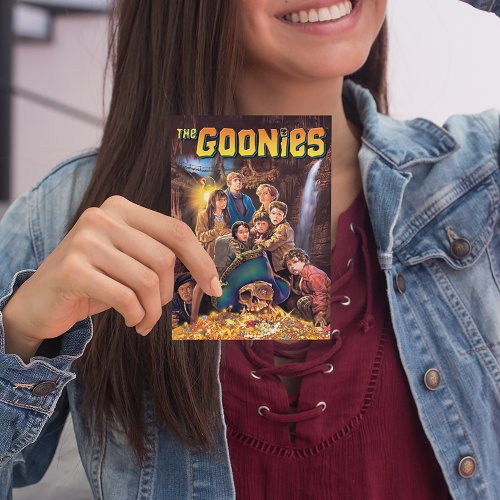

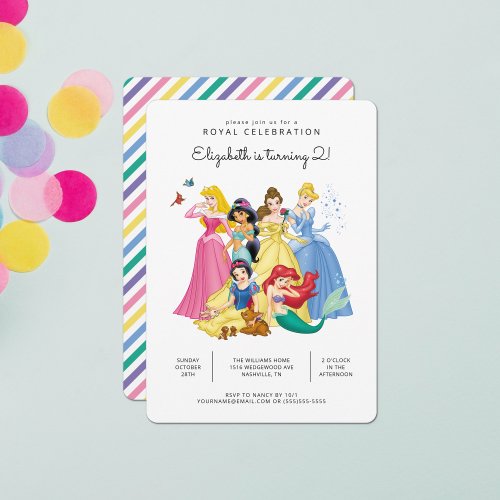

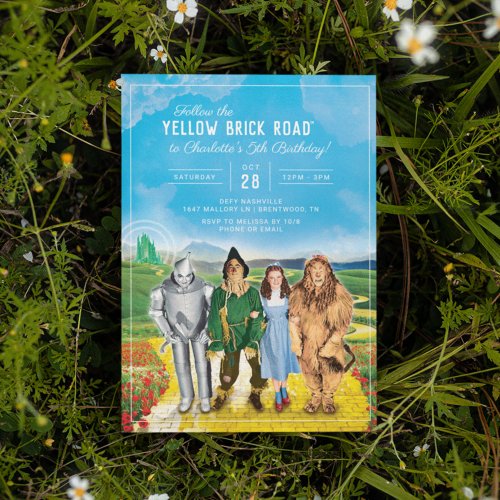



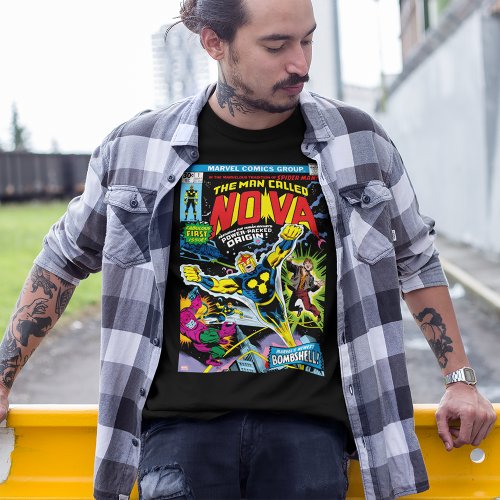
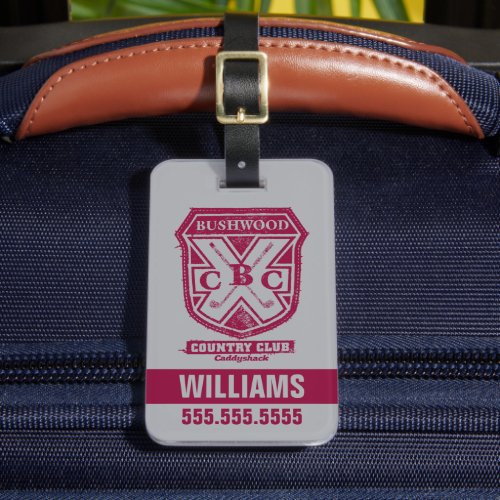



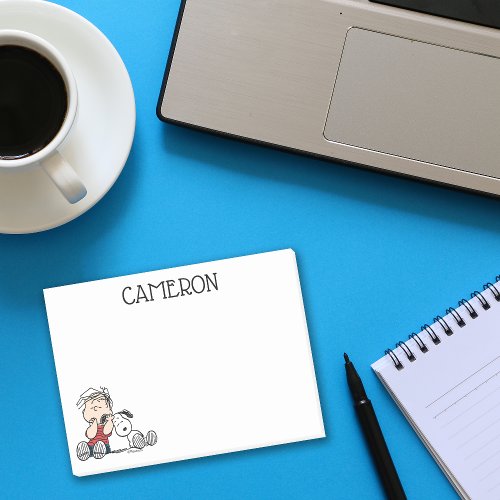

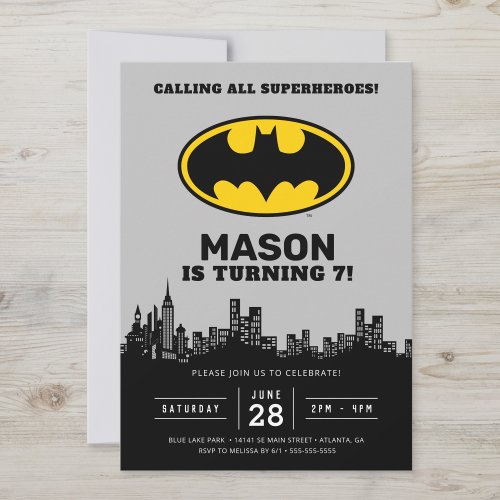

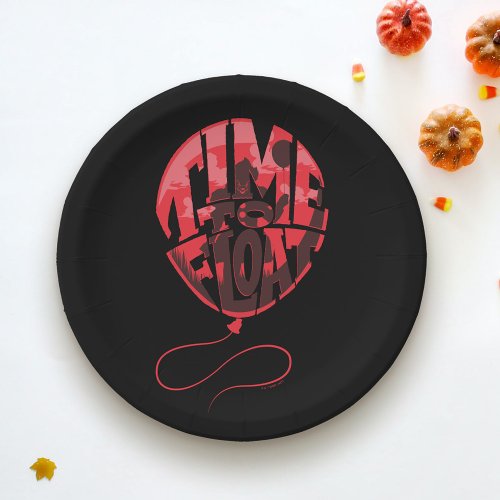
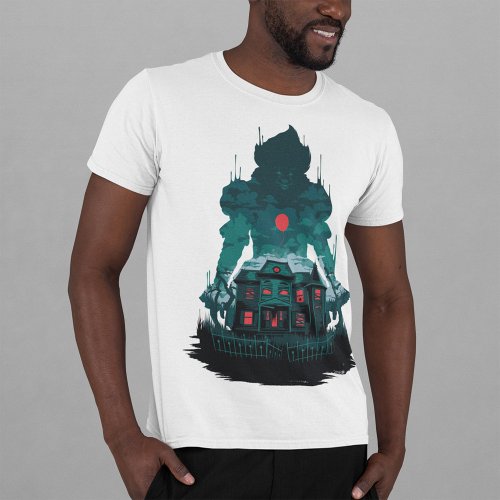
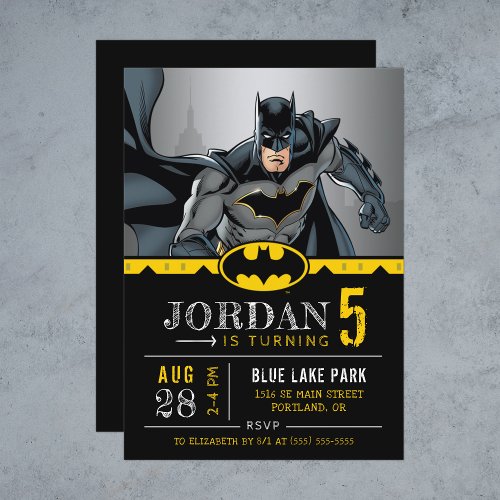


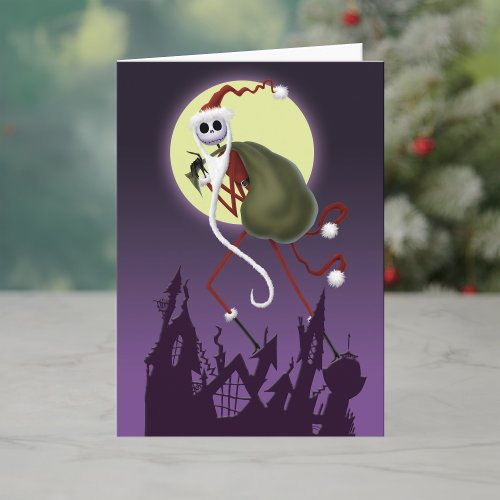
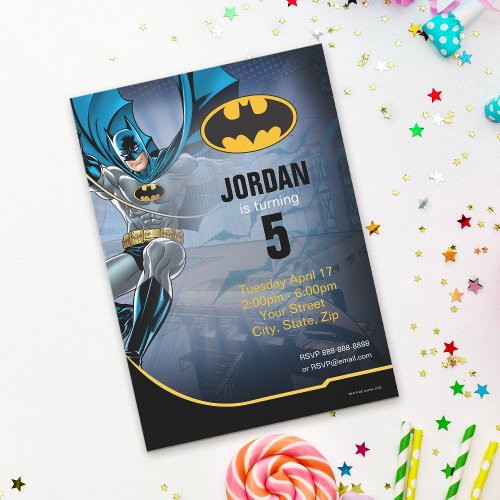

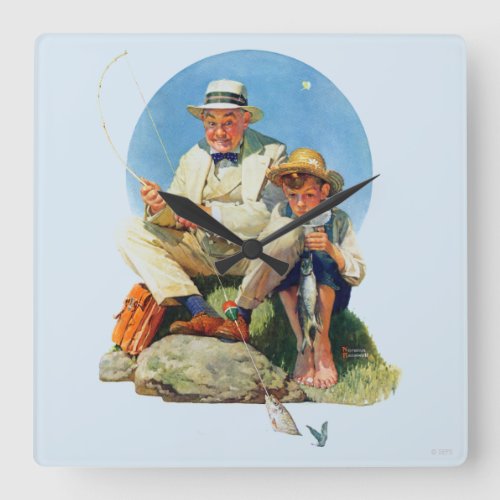
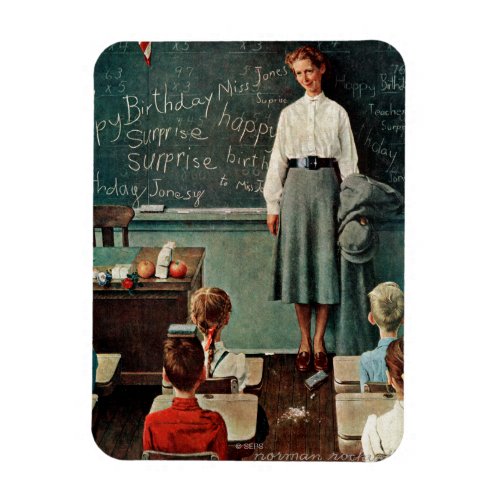
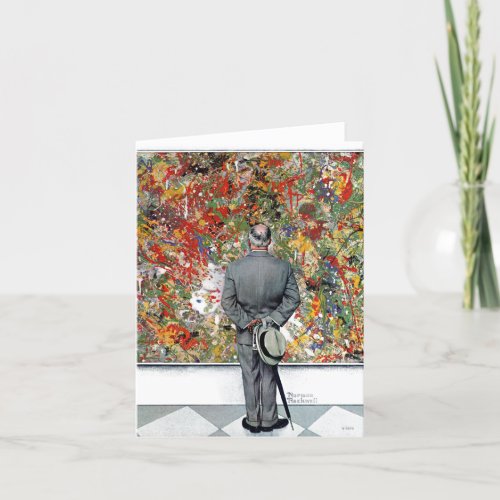
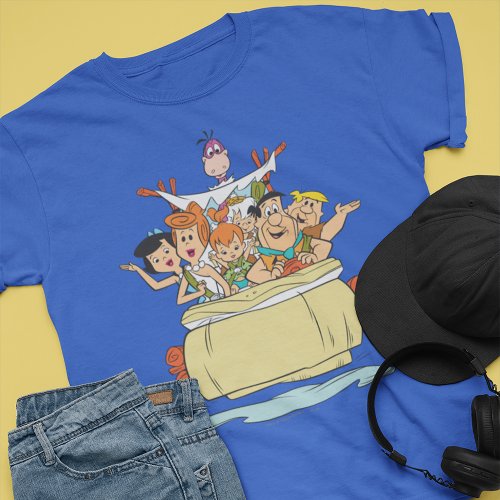






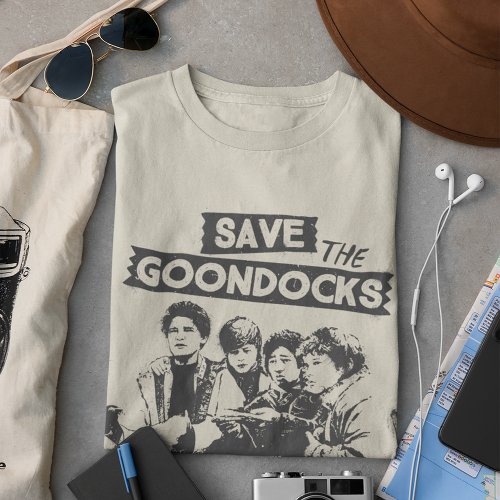



![Mixed Lot of 10 Star Wars PEZ Dispensers, Princess Leia Organa, Chewbacca, Darth Vader [PEZ09]](https://www.filmfetish.com/img/p/2021/07/pez09-01-170x170.jpg)
![Bette Davis: A Biography in Photographs (1st edition, 1985) [193171]](https://www.filmfetish.com/img/p/2019/06/bette-davis-193171-01-170x170.jpg)
![Set of 3 Dean Martin Music CDs – Relax It’s + Best of + Making Spirits Bright [T94]](https://www.filmfetish.com/img/p/2023/01/P1460026--170x170.jpg)
![Adam’s Rib Promotional Magazine Ad [G97]](https://www.filmfetish.com/img/p/2021/04/adams-rib-ad-SIGNED-g97-01-170x170.jpg)





![The Hollywood Reporter Vera Farmiga, Freddie Highmore, Robert Redford (January 24, 2014) [8852]](https://www.filmfetish.com/img/p/2021/12/IMG_4357-170x170.jpg)